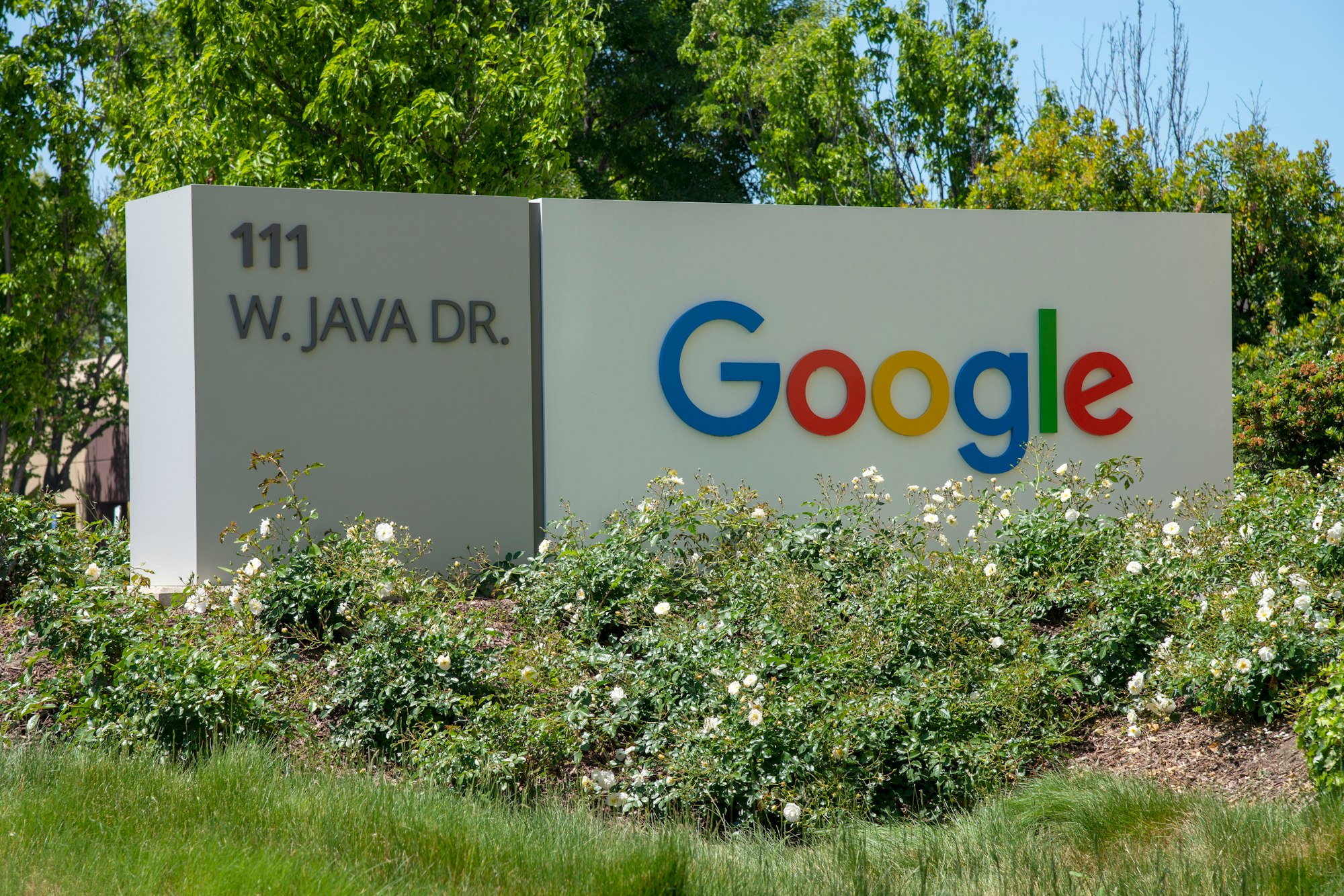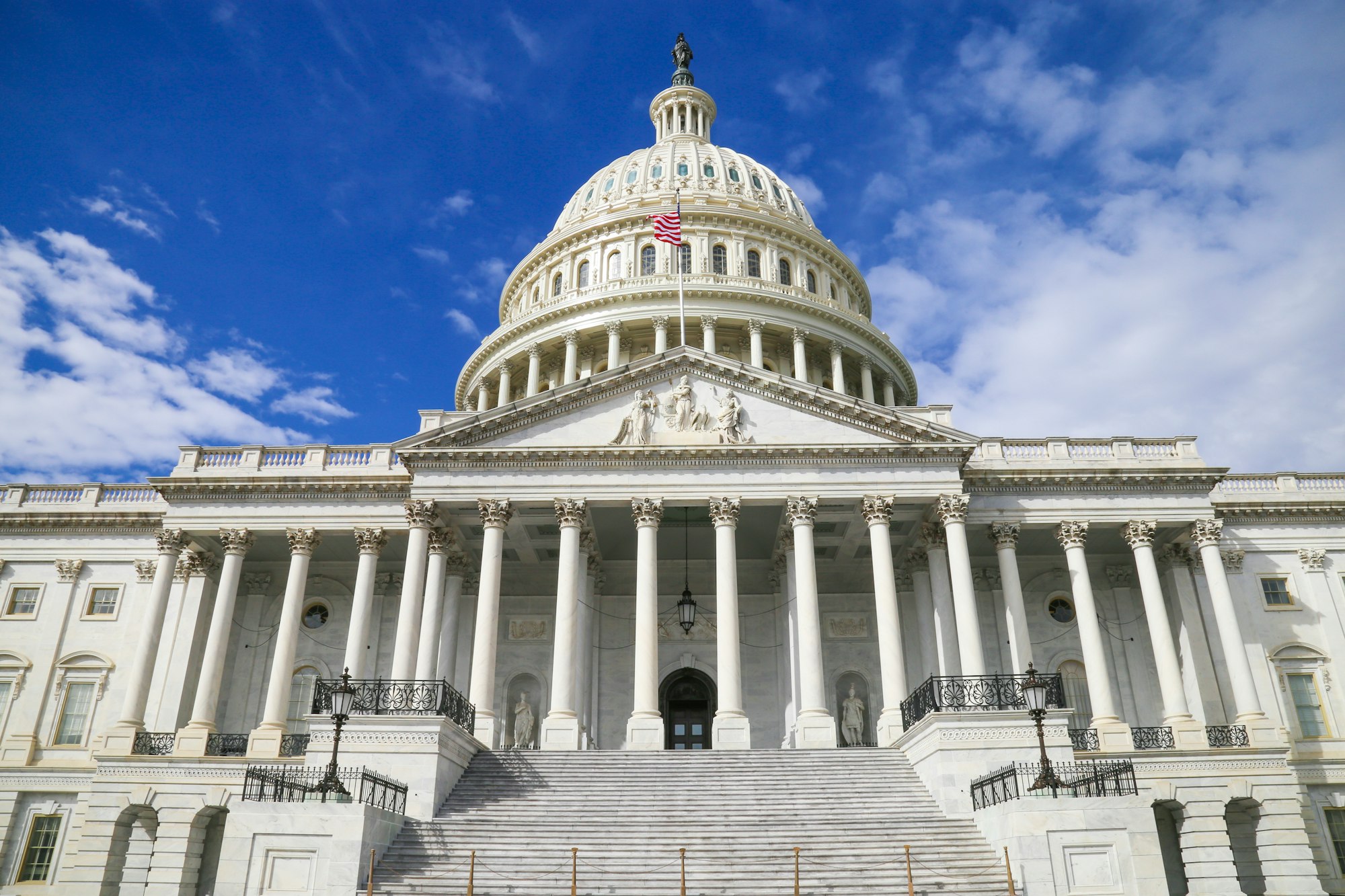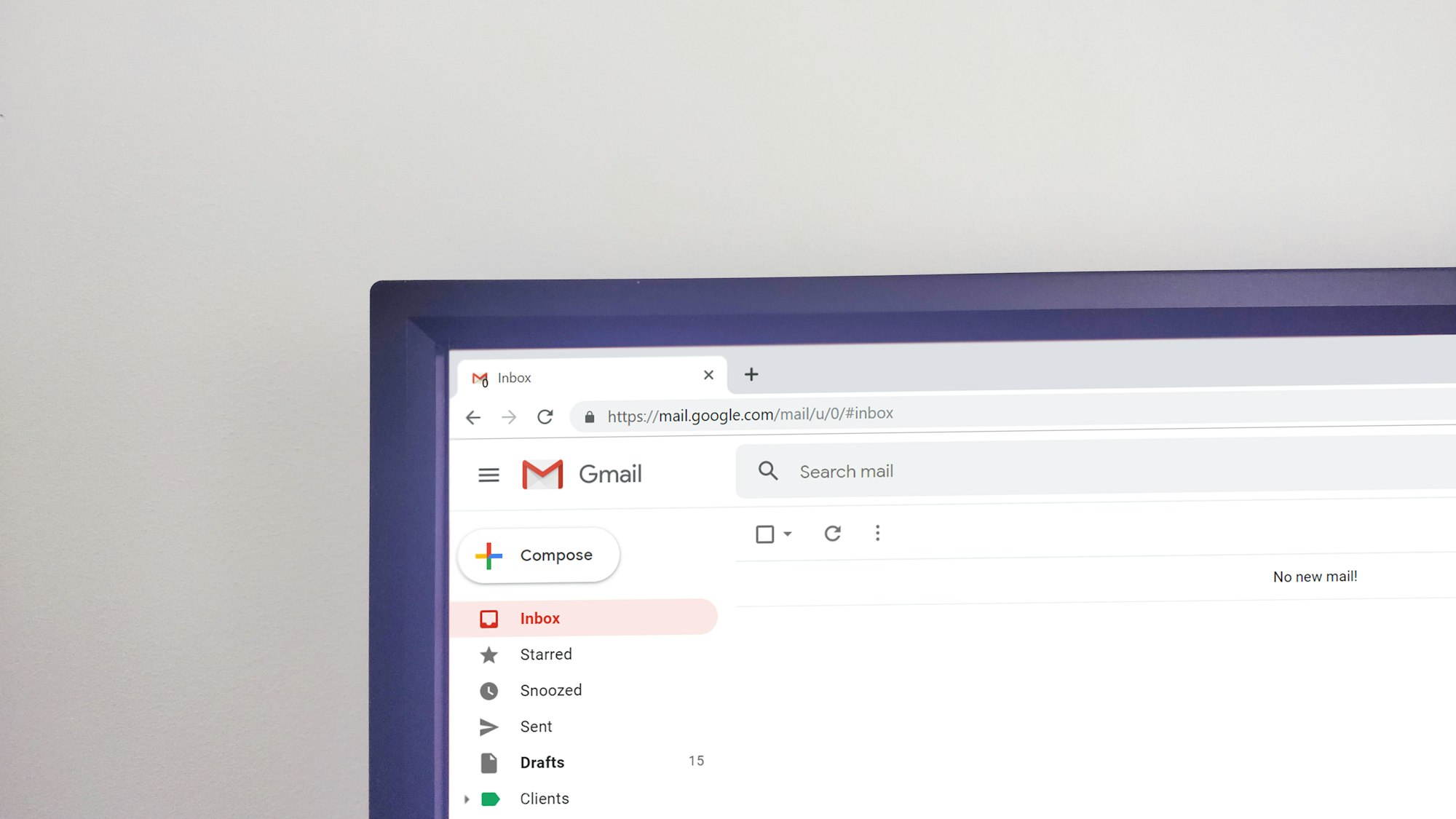The Justice Department's fight against Google doesn't spell the top of Big Tech
Google's antitrust battle won't stop Big Tech
The first domino has fallen. On Tuesday, Google parent Alphabet (GOOG, GOOGL) was officially hit with an antitrust lawsuit by the Department of Justice (DOJ) and a coalition of 11 state attorneys general claiming the tech titan operates as an illegal monopoly.
The Justice Department's lawsuit is simply the start of what's expected to be a years-long legal saga that would transform the world's preeminent internet search company.
Google is simply the primary in line. Amazon (AMZN), Facebook (FB), and Apple (AAPL) are all under intense scrutiny from the federal , state attorneys general, and Congress, as well. But if you think that this spells the top of massive Tech, I’d argue that you’re wrong.

Need proof? Look not further than a serious tech company not under the government's gaze immediately — Microsoft. The Department of Justice targeted Microsoft for years, starting within the 1990s, before reaching a settlement in 2001 that was hailed by some as a victory for the tech giant.
Microsoft is now one among the world’s most powerful tech companies.
Google has been preparing for this
https://video-api.yql.yahoo.com/v1/hlsfilter/6cda4007-f81f-31b4-b1ce-3b827653c7af.m3u8?bitrates=974,322,1209,492,658&cdn=ec-cf-vop&devtype=desktop&exp=1603443287&format=m3u8_playlist&isLive=false&lang=en-US&ps=l4bdfun8&rcMode=VBR®ion=US&site=finance&try=1
Google has known that a lawsuit was likely coming for a few time already. the corporate has been in touch with the DOJ, also as state attorneys general, and members of Congress, so it isn't as if Tuesday's lawsuit came as a huge shock to the firm.
In their suit, the DOJ and state attorneys general claim that Google has, among other things, entered into arrangements that force the pre-installation of its apps in "prime locations on mobile devices and make them undeletable, no matter customer preference." This relates to the Google apps on your Android phone.
The firm is additionally accused of "Entering into long-term agreements with Apple that need Google to be the default — and de facto exclusive — general program on Apple's popular Safari browser, and other Apple search tools," consistent with a DOJ release about the suit.
The DOJ maintains that Google would use the profits from these practices to shop for "preferential treatment for its program on devices, web browsers, and other search access points, creating endless and self-reinforcing cycle of monopolization."
Have you ever wondered why your iPhone relies on Google search albeit Apple and Google are constantly competing for smartphone market share round the world? Well, now you recognize it's because Google pays pile for it. (Apple's real-time stock prices in its Stocks apps, it's worth mentioning, are provided by Yahoo Finance.)
Despite the very fact that the lawsuit was filed Tuesday, Google has been preparing to defend itself since the govt began looking into any potential antitrust violations. and that is important because proving an legal action are often incredibly difficult, consistent with legal experts.
The DOJ has its work cut out for it

The U.S., unlike the ecu Union, is comparatively lax when it involves taking over potentially monopolistic behavior, consistent with NYU school of law professor Eleanor Fox.
"I also know, as they are doing , that the law is extremely conservative which means there's a general assumption that firms...should tend the liberty to try to to tons of what they need ," Fox told Yahoo Finance.
Moreover, Google is probably going incredibly well prepared to defend itself. the corporate could even be aided by the very fact that the tech giant is transparent about its allegedly anti-competitive behavior, Cornell University Senior Professor of Law and Professor of Economics George Hay told Yahoo Finance's “The Ticker” on Monday.
“This isn't like price fixing, which is completed secretly on the prospect you escape with it. Everything Google does is public. There's not one thing they are doing which isn't vetted by their lawyers and economists,” he said. “...They pretty clearly think they need an argument that they've done nothing unlawful.”
Microsoft was down and out, but came roaring back
According to Joel Mitnick, a former FTC trial attorney and partner with Cadwalader's Antitrust Group, the closest analogy to the Google suit is that the DOJ's 1998 suit against Microsoft, which claimed it used its control over its software business to thwart competition.
"That case should also rather be a cautionary tale for the govt , because while it's easy to file a case in court , it's very difficult to truly win one among these cases then sustain it," Mitnick explained.
After first being ordered to interrupt up then winning an appeal that allowed it to stay whole, Microsoft agreed to a settlement that required it to share its application interface with third parties.
But it had been still largely allowed to bundle its own software with its OS , which was a part of the difficulty behind the first suit. it had been a win for Microsoft, but it still took the corporate years to get over the strain the case placed on the organization.

While the corporate was defending itself against accusations that it attempted to crush rivals like Netscape, it missed the boat on a number of the most important innovations of the 2000s, namely mobile tech and social networking.
True, Microsoft entered into the smartphone market with its own mobile OS , but it had been already behind the likes of Apple and Google, which were dominating the space with the iPhone and Android devices. Facebook, meanwhile, began its ascent as a social media platform in 2004, eventually growing into the powerhouse it's today.
As Hay explained, while Microsoft might not are choppy , the trial and its impact on the corporate , in effect, served because the remedy.
If Microsoft hadn’t been contending with its antitrust issues, it alright may are ready to enter both the mobile and social media markets with ease. But it didn't, and as a result we got innovative new companies like Google and Facebook and a totally reinvented Apple.
Despite that, Microsoft's sheer size allowed it to pivot, pushing into markets as diverse as gaming and cloud computing. And it's paid off. Microsoft is now worth quite $1.5 trillion, and shows little sign of slowing.
Google, likewise, is already a huge firm and has its hands during a slew of disparate businesses whether that is the still-nascent self-driving car industry or its own growing cloud computing business. So while it's going to take a beating as a results of the DOJ's suit, there's little chance the search giant is staring down its own self-inflicted demise.
"I wouldn't expect a breakup...it's not what courts usually do," Fox said. "And I don't think that spells the top of massive tech in the least ."




